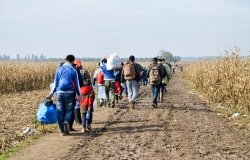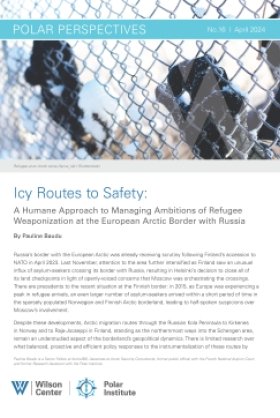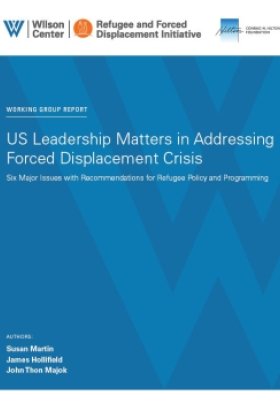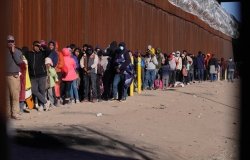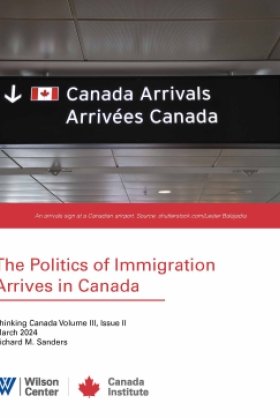The Impact of Immigration Enforcement Policies on Teaching and Learning in America’s Public Schools
The Wilson Center's Mexico Institute, UCLA's Civil Rights Project, and the Migration Policy Institute are pleased to invite you to an event on the impact of immigration enforcement policies on education.
Overview
There has been considerable discussion in news outlets about the impact of immigration enforcement policies on children and families. Recent incidents across the country and reported in the press have raised alarm throughout immigrant communities. Clearly there is great fear in this hyper-sensitized environment. To what extent is this ramped up immigration enforcement impacting our nation’s public schools? How does it vary by region and what is the “collateral” fallout for non-immigrant students? How are educators reacting and to what extent is this affecting them? What rights do students have and what happens to U.S.-citizen children when they are sent to a country and school system they do not know? To address these questions, four new research papers were presented with brief highlights. The studies include:
• A new national survey of the impact of immigration enforcement on teaching and learning in the nation’s schools
• The impact of immigration enforcement on educators
• Federal and state policy affecting the children of immigrants and their schooling
• What happens to U.S. citizen students caught up in deportation of family members
Selected Quotes
Patricia Gándara
“A very important point: it is not just the children of immigrant parents who are affected by this immigration enforcement regime; but in fact, all students in the schools are being disrupted by these fear-inducing tactics.”
“Absenteeism is a big problem for schools…And the empty seats that are left in the classroom when these children are taken away are a constant reminder to everyone that some of the classmates are missing. Both teachers and students can experience grief—as if a classmate has died when all of a student is no longer there.”
Bryant Jensen
“Like in the US, the quality of the schools in Mexico [and] the quality of teaching and learning is highly stratified by socioeconomic status, race, ethnicity and geography. Differences in the quality between urban and rural schools are especially stark…This is an important point to make because U.S. citizen students in Mexico are more likely than their peers to live in a rural community and attend rural schools.”
“Preparing teachers in Mexico to meet the needs of U.S. citizen students is among the most critical investment and research that we could make. Federal agencies…should collaborate with Mexican agencies…to finance research and build the knowledge base we need. American students abroad are our responsibility.”
Shena Sanchez
“Our work offers insight into the ways immigration enforcement has negatively impacted our public-school education—a population for which these policy and procedural changes are not necessarily intended. And just as importantly, it shows that non-immigrant students are also being harmed by harsh policies made for their immigrant peers.”
“We find that changes in teacher well-being are consistent with symptoms of secondary traumatic stress…Over 85% of the educators in our study reported an increase in anxiety and stress due to their students experiencing increased immigration enforcement.”
Julie Sugarman
“And one of the things that’s really remarkable about what is happening today [in regard to immigration enforcement] is how much it stands in contrast to the core principles of public education.”
“What we have been seeing as we work with districts around the country is how so many schools have stepped up to really take significant steps to build the capacity to get students the resources they need and to help families address the stress they’re under and to do the best they can to prepare for immigration enforcement action.”
Lily Eskelsen Garcia
“NEA is responding to that crisis. We are trying to put good information -–know your rights information-- into the hands of not just educators, but parents and community advocates. You can go to NeaEdJustice.org and find a whole lot of good stuff. It does talk about what districts can do and what they can’t do.”
“America is a diverse place. There are families who don’t work in the same place, don’t go to the same church, they don’t vote for the same leaders but there is this one place in every community where their kids can sit next to one another and sing the ABCs. It’s called the public school. It’s what was supposed to bring us together as a nation. And we will not let our students down.”
Co-sponsored by:

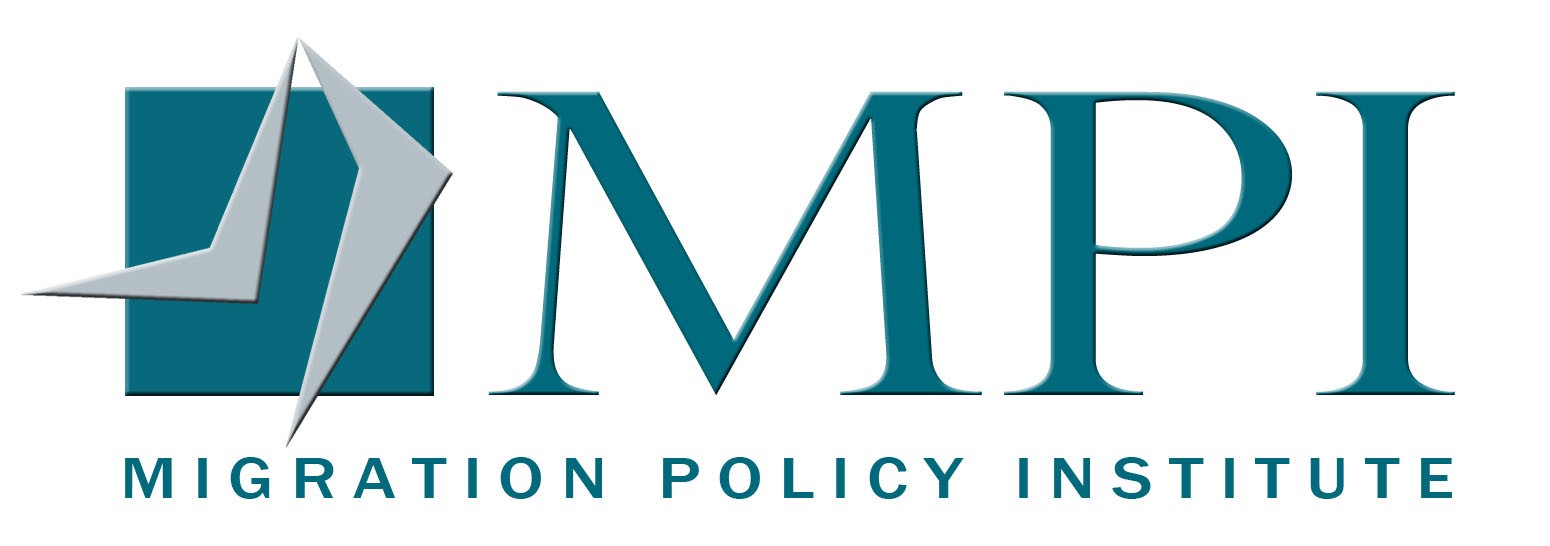
Introduction
Christopher Wilson, Deputy Director, Mexico Institute, Wilson Center
Presenters
Patricia Gándara, Co-Director, Civil Rights Project/Proyecto Derechos Civiles, UCLA
Bryant Jensen, Assistant Professor, Brigham Young University
Shena Sanchez, Research Associate, University of California, Los Angeles
Julie Sugarman, Senior Policy Analyst, Migration Policy Institute
Commentator
Lily Eskelsen Garcia, President, National Education Association
Moderator
Claudio Sanchez, Education Correspondent, National Public Radio
Documents & Downloads
- The Impact of Immigration Enforcement Policies on Teaching and Learning in America’s Public SchoolsDownload
- The Impact of Immigration Enforcement Policies on Teaching and Learning in America’s Public SchoolsDownload
- The Impact of Immigration Enforcement Policies on Teaching and Learning in America’s Public SchoolsDownload
- The Impact of Immigration Enforcement Policies on Teaching and Learning in America’s Public SchoolsDownload
- The Impact of Immigration Enforcement Policies on Teaching and Learning in America’s Public SchoolsDownload
- The Impact of Immigration Enforcement Policies on Teaching and Learning in America’s Public SchoolsDownload
- The Impact of Immigration Enforcement Policies on Teaching and Learning in America’s Public SchoolsDownload
- The Impact of Immigration Enforcement Policies on Teaching and Learning in America’s Public SchoolsDownload
- The Impact of Immigration Enforcement Policies on Teaching and Learning in America’s Public SchoolsDownload
Hosted By

Mexico Institute
The Mexico Institute seeks to improve understanding, communication, and cooperation between Mexico and the United States by promoting original research, encouraging public discussion, and proposing policy options for enhancing the bilateral relationship. A binational Advisory Board, chaired by Luis Téllez and Earl Anthony Wayne, oversees the work of the Mexico Institute. Read more
Thank you for your interest in this event. Please send any feedback or questions to our Events staff.
